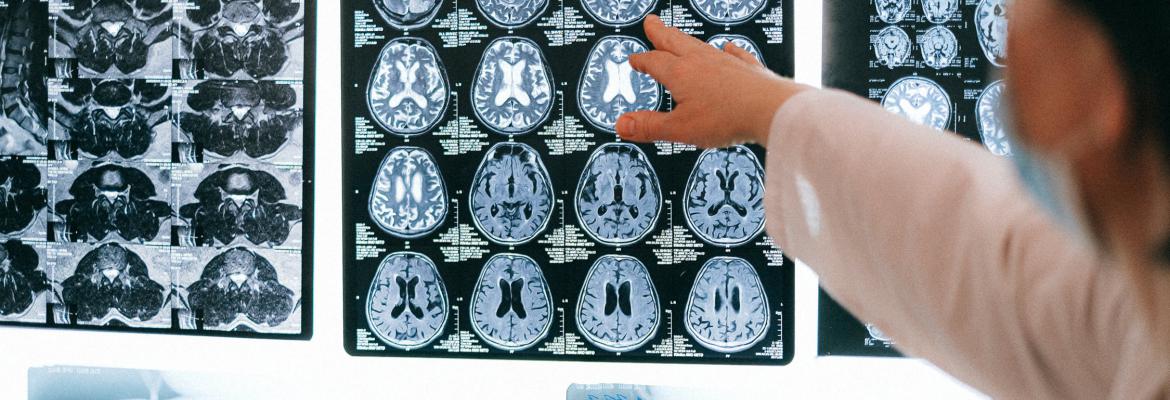This section of the website contains resources for trainers including:
- Details of the HEEoE model for Medical Faculty Groups
- Job descriptions for trainers in different roles
- Guidance for Educational Supervisors
- Templates to review the performance of trainers
- HEEoE’s SoM’s mechanisms for providing feedback to educational supervisors
- Timelines for ARCPs
- Reports from the Head of School which are updated regularly
All trainers are expected to have undergone training which meets the requirements of the Academy of Medical Educators “A Framework for the Professional Development of Postgraduate Medical Educators”
The School is promoting the adoption of the faculty group model in all the Acute Trusts in HEEoE, because the benefits are significant. These include providing a forum for:
- Dissemination of information about relevant local, regional and national developments
- Delivering training updates to the faculty
- Feedback from trainers about the training that they are delivering
- Feedback from trainees about their learning
- Forming a collegiate view within the whole faculty on the performance of individual trainees in order to inform educational supervisor’s reports and identify trainees who require additional support
The following job descriptions have been written in order to clarify what is expected of trainers in differing roles:
- Named clinical supervisors* JD
- Educational supervisors JD
- Training programme directors JD
- RCP district college tutors JD (This is derived from the RCP’s JD but has been adapted to reflect local requirements)
- Trust QI Lead
* This paper also includes a section on the responsibilities of those involved in the day to day clinical supervision of trainees and should be read and understood by all trainers
The following performance reviews are designed to provide evidence for trainers to support them in their annual appraisals and job planning meetings. Performance reviews of RCP District College Tutors will be undertaken at the time of CMT STC Meetings. Performance reviews of TPDs will be undertaken by the Head of School and a Deputy Dean. College Tutors (with support from their Clinical Tutors and/or relevant TPDs where needed) are expected to review the performance of their educational supervisors
To provide evidence that educational supervisors are performing to the required standard, we recommend the use of this trainee feedback form which should be circulated by College Tutors to CMTs and by TPDs to higher Speciality trainees. The trainees should be asked to complete the forms and return them. In addition, the Chairs of ARCP panels will be asked to feedback comments on the quality of educational supervision (as evidenced by the contents of the trainees’ ePortfolios and educational supervisors’ reports) to College Tutors after each round of ARCPs; in order to ensure that this is not too onerous for the Chairs this will be done by exception reporting; i.e. the Chairs will send a report to each College Tutor, either confirming that everything is of an acceptably high standard or naming individual educational supervisors whose performance is either exceptionally good or exceptionally bad.
The evidence for each supervisor should be collated in the Educational Supervisor Annual Report, which should be self-explanatory.
The following timelines have been developed to facilitate the move to non-face-to-face ARCPs for some trainees
- ARCP Timeline for CMTs Please note the requirement for College Tutors to complete an interim review of all CT2s and ACCS-AM CT3s in their Trust in or shortly before late January each year and all CT1s in their Trust in or shortly before late March each year
- ARCP Timeline for higher speciality trainees
The Current Head of School Report has been divided in to Core Information (details of contact etc which are relatively stable) and Latest News , which contains up to date information from the JRCPTB and the LETB and is designed for use in Faculty Group and Regional Training Committee meetings. Previous Head of School Reports are archived here, so that you can refer to them if necessary.
